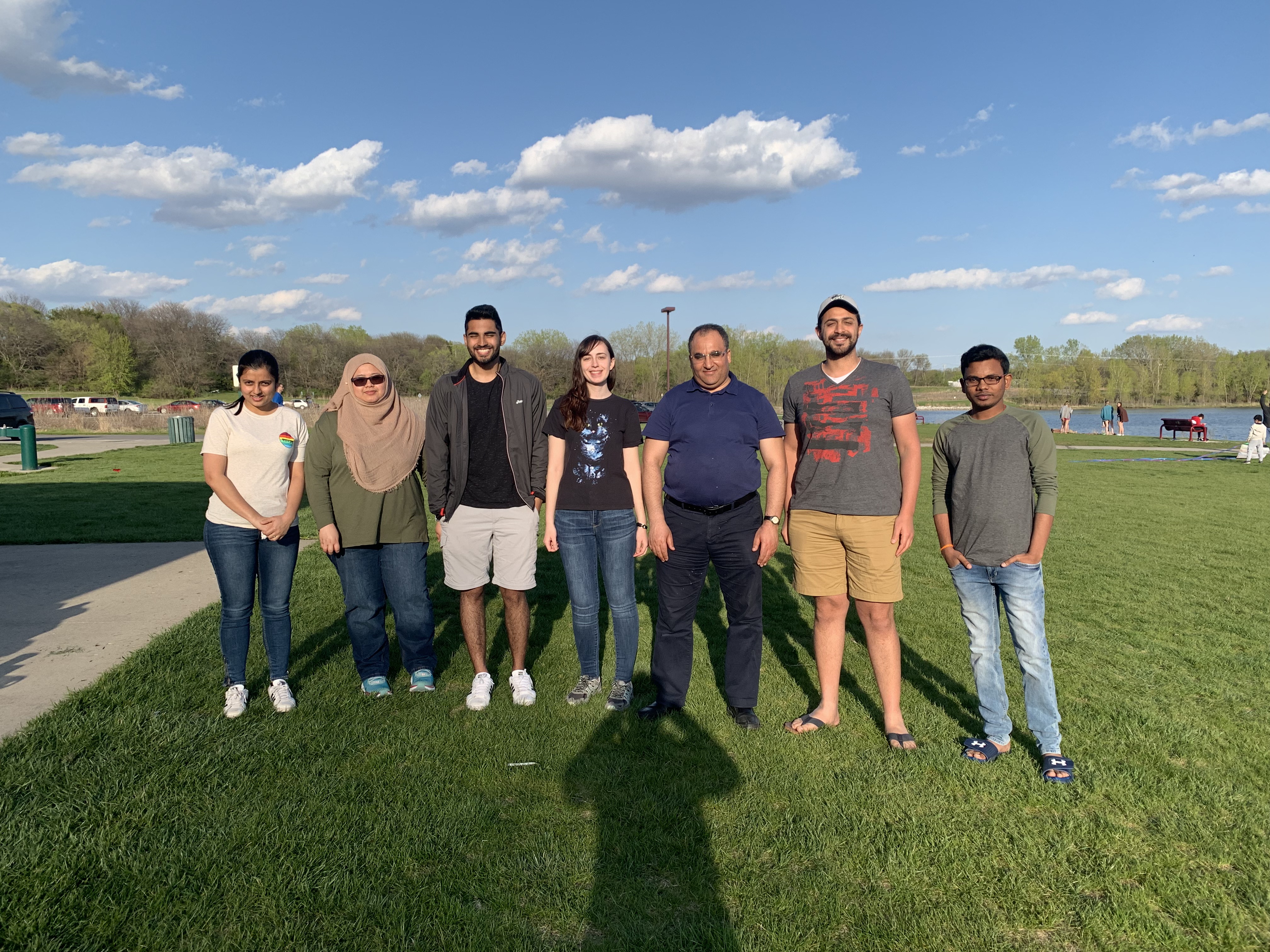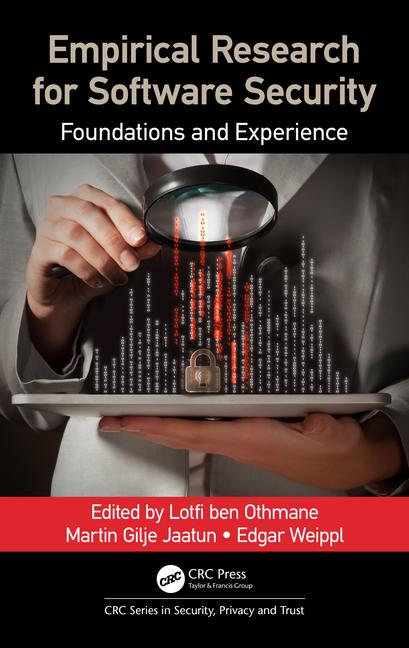Engineering Secure Smart Cyber-Physical Systems Laboratory
Overview. Software development has evolved from producing automated ways to process information into, in addition, integrating cyber-physical systems. Architecting and developing smart cyber-physical systems, such as Intelligent Transportation System applications and Smart city applications are challenging. For instance, these systems monitor and act on the physical environment, often are deployed in untrusted environments, and may use data analytics for decision and adaptation. Ensuring security of such systems is also challenging given their complexity.
The Laboratory aims to contribute to the advancement of knowledge to develop secure smart cyber-physical systems. Specific areas of research include:
- Empirical research on secure software development,
- Security analysis of cyber-physical systems,
- Resilience for connected vehicles,
- Identification of malicious behavior in software,
- Secure DevOps of smart cyber-physical systems,
Location: Durham Center 314
Faculty: Lotfi ben Othmane
|
|
Grants
- (PI) Toward secure code changes, John Deere, USA, 2017.
- (PI) Towards resiliency of connected vehicles against cyber-attacks, Pacific Northwest National Laboratory, USA, 2017.
- (PI) Education Grants for Computer Science, Google, 2017 .
- (Co-PI) Security Process Analytics, CO-PI, Fraunhofer SIT, funded by SAP, Germany, 2014-2015
Current Research Students
- Moataz Abdelkhalek (PhD)
- Ameerah-Muhsinah Jamil (PhD)
- Bhagath-Kuma Veerannagari (Msc)
Graduated Master Students:
- Shifa Khan (Msc), Validity of Manual Architecture-based Threat Modeling -- the Case of Apollo Auto Software, Iowa State University, 2019.
- Sudharrshan Veeraraghava Ramanni Janaarthanan, Security Analysis of Vehicle to Vehicle Arada Locomate On Board Unit, Iowa State University, 2018.
- Srilalithadaksh Dhulipala (Msc), Detection of Injection Attacks on In-Vehicle Network Using Data Analytics, Iowa State University, 2018.
- Prachi-Rajesh Patel (Msc), Existence of Dependency-Based Attacks in NodeJS Environment, Iowa State University, 2018.
- Brian Pfretzschner (Msc), Detection of dependency-based attacks on NodeJS envirnment, TU Darmstadt, 2016
- Daniel Magin (Msc), Side-channel analysis of ABAP, TU Darmstadt, 2016
- Azmat Ali (Msc), Automated threat extraction from recovered architecture - the case of universAAL-based lighting example, TU Darmstadt, 2016
- Vaishnavi Mohan (Msc), Transformation of a waterfall-oriented manual code deployment process to secure devops, TU Darmstadt, 2016
- Martin Mory (Msc), Evaluating the precision of malware in detecting analysis environments, TU Darmstadt, 2016
- Shantanu Sardesai (Msc), Impacts of security attacks on the effectiveness of collaborative adaptive cruise control system, TU Darmstadt, 2015

